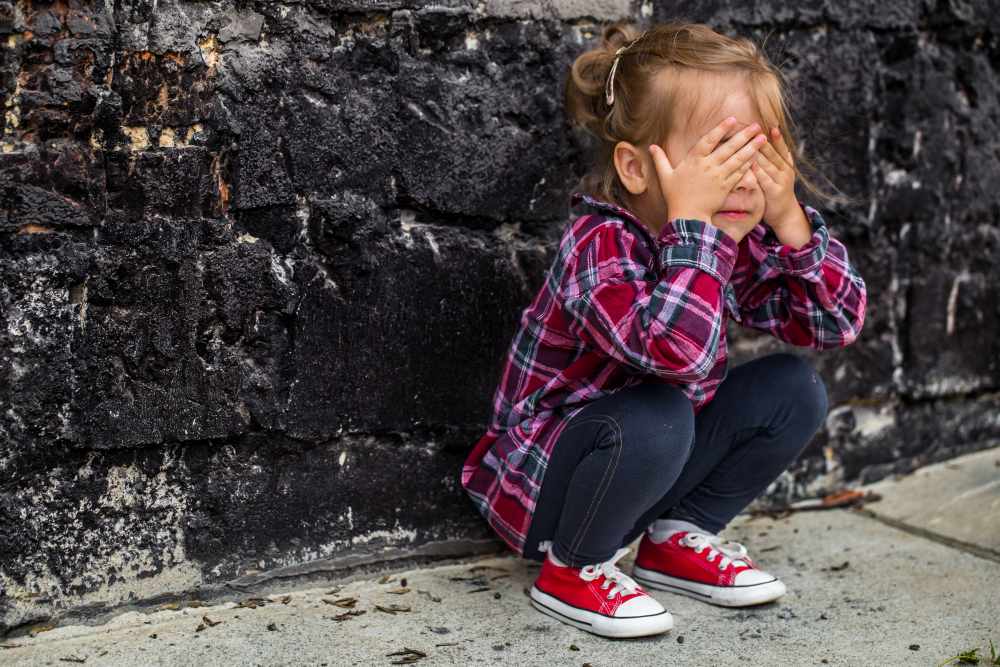As parents, we want to know how our children’s day went when they come home from school or after an activity. We ask them, “How was your day?” hoping to start a conversation and get a glimpse into their day. However, more often than not, we get the response, “Fine” or “Good,” and the conversation ends there. So, what can we do to get our kids talking?
The answer is to ask better questions. Instead of the generic, “How was your day?” try asking specific questions that will encourage your child to share more about their experiences. Here are some great questions that will help you start a fun conversation with your child:
-
What was the best thing that happened to you today?
-
What was the most challenging thing you did today?
-
Did you make any new friends today? Tell me about them.
-
What was your favorite thing you learned today?
-
Did anything make you laugh today?
-
Was there anything that frustrated you today?
-
Did you help anyone today? How did it make you feel?
-
What was the most interesting thing you saw today?
-
Did you try anything new today? What was it?
-
What was the most exciting part of your day?
These questions will not only give you a better understanding of what your child did during the day, but they will also encourage your child to open up and share their experiences with you. It’s important to listen actively to what your child is saying and show interest in their answers. By doing this, you will strengthen your relationship with your child and foster a deeper level of trust and understanding.
It’s also important to remember that children have a different perspective on the world than adults do. Asking questions that are specific to their age and interests will help them feel more comfortable sharing with you. For example, if your child is interested in dinosaurs, you could ask them about their favorite dinosaur fact they learned today.
In conclusion, the generic question, “How was your day?” isn’t going to get your child talking. By asking specific questions that show interest in your child’s experiences, you will encourage them to open up and share more with you. Take the time to actively listen to what they have to say and show interest in their answers. This will help build a stronger relationship with your child and create a fun and engaging conversation.
![]()








